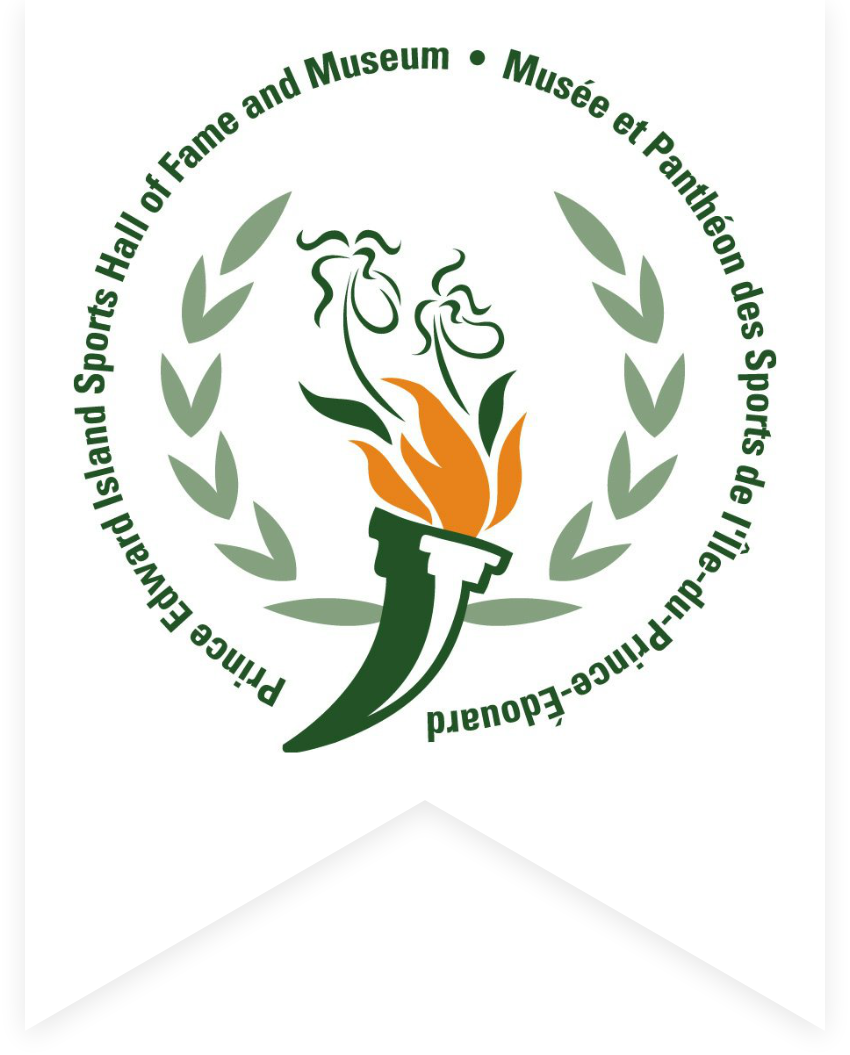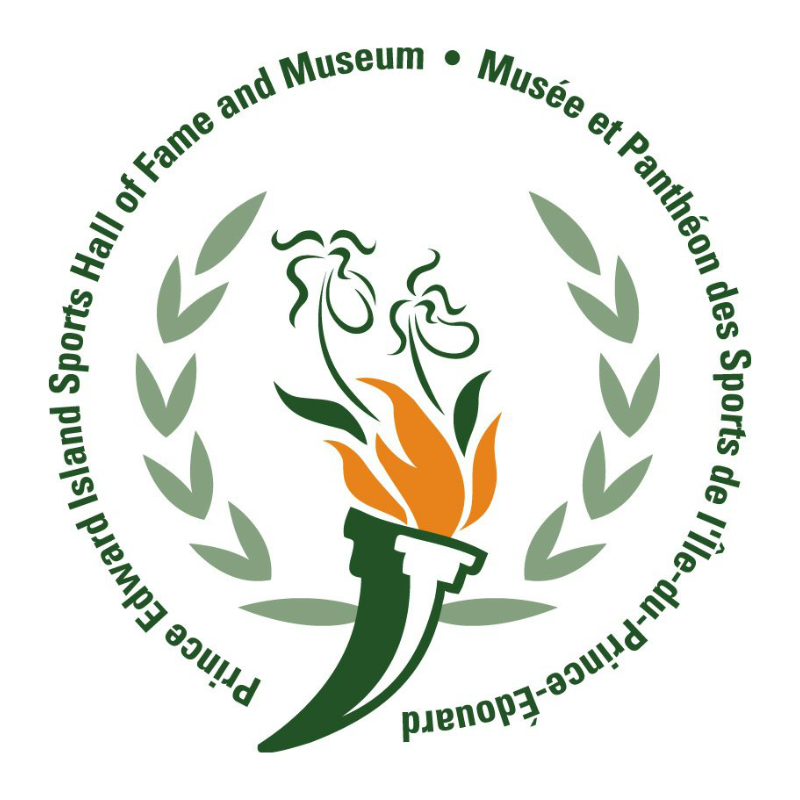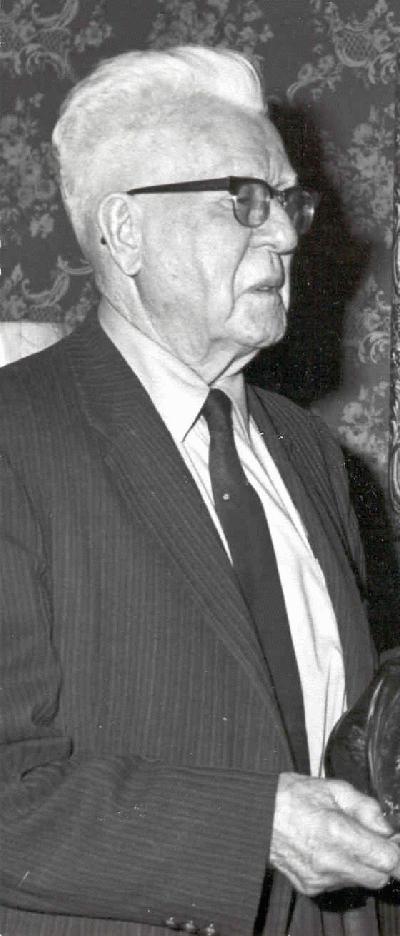The years 1910 through 1925 were the Golden Age of Island sport; an era of natural ice rinks, recycled baseballs and cinder tracks. In place of TSN, fans hung around the telegraph office or the Two Macs drugstore for sports news. And to every sport there was a season; hockey became possible from January to the spring thaw, basketball was relegated to April and May, summer meant baseball or track and field, while rugby was the game of choice from September until late October, when young athletes would be confined to gym work until the glorious news that the ice was good for hockey.
If there ever was a man for all seasons of Island sport, that man was Louis Henry Davies Campbell. Born in Victoria, P.E.I., on November 16, 1891, Lou moved to Charlottetown in 1905, where he attended West Kent School, and later Prince of Wales College, prior to his forty-year teaching career in city schools. Shy by nature, Lou Campbell led by example rather than brassy words. And his contribution to this province’s sports heritage, both as athlete and builder, would be so unique that he was the unanimous selection as Prince Edward Island’s “Athlete of the Century, 1873- 1973”, in conjunction with the Centennial celebrations of 1973. To understand Lou’s gift to sport is to revisit the wheel of the seasons of Island sport.
Newspaper poets hailed the coming of the good, thick ice of New Year’s. The passions of Islanders were fired by the jousting of one-piece hockey sticks, and hockey in 1920 really only meant one thing: a nasty rivalry between the Charlottetown Abeqweits and Summerside Crystals, marked by rough play, allegations of under-the-table salaries, and cries for a game to settle all games to be held on neutral ice – with a side bet of several hundreds of dollars in Victory bonds to the winner. And the small, excitable Scot, Lou Campbell, was one of the most talented Abbies of the era.
Such was the dedication of the early hockeyist, Lou would recall with a smile decades later, that on one occasion when the ferry “Prince Edward Island” had to turn back for Borden because of dwindling coal bins, the lads jumped over the side of the ship and made their way across the ice floats to New Brunswick for an important hockey game. Despite such adventures, the Lou Campbell Abbies of 1921-22-23 compiled a record of thirty wins, one draw and one loss, in their three-year reign as Maritime Hockey Champions. And, most remarkably, they would play the Olympic and World Champion Toronto Grads in 1923, losing 3-1, despite the Grads’ vast advantage of having experience playing on artificial ice.
Invented the year Lou was born, 1891, basketball had achieved great popularity in Charlottetown by the 1920’s. Two leagues, the City and the Inter-Church Leagues, played games before full houses, and were made attractive by snacks and refreshments served by the ladies. Lou Campbell was a prolific scorer in both leagues.
Come early June, and the greening up of vacant fields, baseball was the thing, and the only thing. It is possible that Lou enjoyed this civil, elegant game most of all, and more than one sports scribe of the day described Campbell as “the best pitcher in the Maritimes.” Playing with the Abbies, Madisons and Rovers of the City League, Lou not only took to the mound but was spotted in the outfield and infield over his fifteen year baseball career. His 1923 team, the Madisons, were sponsored by the Madison Pool Table company, and competed in the Island Baseball league along with the Abbies and the All-Stars from Summerside, racking up an impressive season record of 23 wins against two losses, including exhibition games against the legendary Springhill Fence Busters of Nova Scotia.
A member of the amazing Abegweit track and field team, Lou competed at dozens of local, provincial and Maritime venues, in the days when thousands of spectators, replete with banners, brass bands and bagpipes, gave such contests an almost mythic significance. Nothing if not an all-round athlete, Lou Campbell would be a medal-winner in a wide diversity of events, from sprints to the mile-run, from the broad jump to the high jump to the pole vault, and from the hammer to the shot put. Typical Campbell performances – a 10.3 100 yard dash, a 5’7″ high jump or a 20’1″ broad jump – were only a shade under existing Maritime records.
The sharp winds of autumn spelled rugby season, and Lou would first answered them while at Prince of Wales, later continuing to play half-back with the Rugby Abbies of the early 1920’s. His speed, dribbling and ball-handling skills would later be translated into the mastery of fundamentals which he encouraged as a coach.
For it was due to his long-held position as coach at West Kent School, from 1919 to 1951, that the nickname “Father of a Thousand Sons,” was so well-earned. His “West Kent Lads” were those thousand sons, for Lou knew he was shaping young men, not just athletes. Lou, a confirmed bachelor, sent his “sons” into the larger world with a sense of duty and fair play. “Sons” Gordon Bennett, Walter Cox and David Stewart, for example, went on to distinguished political service. “Sons” Johnny “Snags” Squarebriggs [inducted 1972], “Buck” Whitlock [inducted 1977], Walter Lawlor [inducted 1978], “Tic” Williams [inducted 1974] and dozen more went on to dominate Maritime hockey. “Sons” the Charlottetown Junior Abbies of 1933-34 would become the first Maritime team to win beyond the first Maritime Crown. “Son” Ivan “Hickey” Nicholson [inducted 1976], would be the first Islander to score a goal in the N.H.L. “Son” Art Perry would become a mighty-kicking rugby star. “Sons” George MacLeod, “Chick” Roach, “Bunky” Fitzgerald and Willie MacDonald would die overseas in the Second World War. And “Son” Brigadier Bill Reid would return from the wars to begin this province’s first physical education program.
So typical of Lou’s high-minded vision of sport was his idea of gathering together, for the first time ever, the Protestant boys of West Kent School and the Catholic boys of Queen’s Square School, on the same team. By 1923, Lou Campbell envisioned and then organized the Ice Sports Program which would eventually embrace the entire province. When Lou, at age 81, was asked of his biggest thrill over his life in sport, he recalled when his West Kent School and Summerside High were engaged in a relay race. One of Summerside’s four skaters (possibly, Russell Ramsay, Keith Jelly, Jim or Charlie Hogan) had fallen, and a Charlottetown skater, “Bunky” Fitzgerald, gave up his lead to go back and help him back up. Perhaps it is an old man’s memories that tell us more about the Golden Age of Island Sport than a handful of dusty team portraits. It is no surprise that Lou Campbell, alone among living inductees, did not personally accept his election into our provincial Hall of Fame, but sent his “son” Addie MacDonald in his place. Lou Campbell would die a few years later in 1976, his race well run.
Updated: July 2013
File Contains: “Heroes Of Island Sport” article by Wayne Wright



